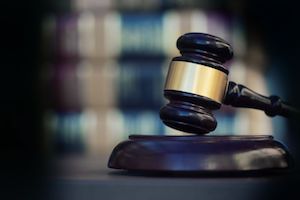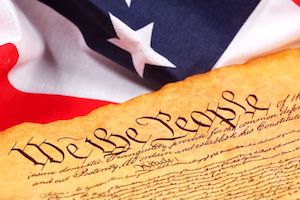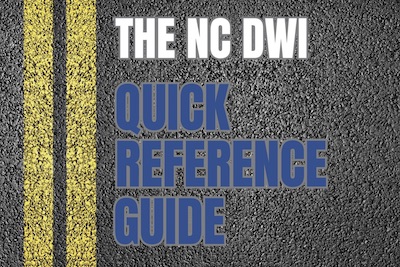What is Probable Cause

There are certain “terms of art” in the legal profession that have special meaning to defense lawyers. You likely have heard phrases such as Reasonable Suspicion, Reasonable Grounds, and Reasonable Doubt without fully understanding their impact in court.
The problem is, what is probable cause, even among attorneys, judges, and prosecutors, can be a source of contention. In court, words have meanings and consequences, with few having such significance as Probable Cause.
Indeed, any real understanding of the 4th Amendment search and seizure laws is at least in part predicated on the specific burden of proof needed to establish “PC.”
The Fourth Amendment of the Constitution sets forth what appears to be a very simple idea: “No Warrants shall issue, but upon probable cause.” But what does that mean?
What is the role of the Judge in reviewing Motions to Suppress for lack of Probable Cause:
- Do judges dig deep into the legal issue, serving as ever-vigilant protectors of individual rights?
- Is there a “gate keeper” function of judges regarding evidence that is either admitted or suppressed based on a finding of probable cause or lack thereof?
- Do judges serve merely in a ministerial function, confirming some attention was paid to constitutional rights, only reversing search warrants that may be facially defective or void due to substantial errors?
Only since the early 1990s has the United States Supreme Court with any level of consistency suggested the “Original Intent” of the Founders should be a preliminary factor of constitutional interpretation of criminal laws and procedure. Devoted proponents of looking only to the original intent of the framers of the Constitution call themselves “Originalists.”
Justice Antonin Scalia, now deceased, is often thought as the modern father of Originalism, where interpretations of the constitution must be consistent with was meant or intended by those who drafted Constitution. They are said to look to the ordinary meaning of the words, not modernized or subjective thoughts on the subject.
During the periods of the Burger and Warren Courts, Originalism carried little sway, being limited to dissenting opinions relative to Fourth Amendment Rights.
Some legal scholars argue that during the era of the Framers, Judges were very much expected to vigilantly serve as sentries, jealously guarding individual rights to persons and property prior to the issuance of warrants, and only then issue limited warrants supported by probable cause.
Put simply, they were viewed as active protectors against improper warrants and an over-reaching, over-expansive government. There is some argument on that point which exists to this day.
Probable cause, most simply put, is grounded on distrust… suspicion. After almost 100 years since passage of the Constitution and related Bill of Rights, there was very little jurisprudence on search and seizure issues in the United States.
 Powers Law Firm PA Home
Powers Law Firm PA Home




















